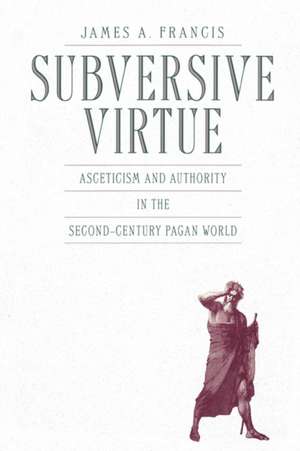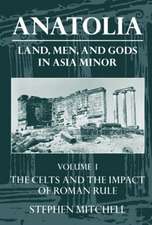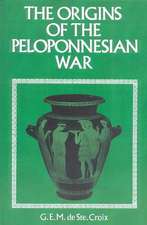Subversive Virtue – Asceticism and Authority in the Second–Century Pagan World
Autor James A. Francisen Limba Engleză Paperback – 14 sep 1994
Preț: 243.79 lei
Nou
Puncte Express: 366
Preț estimativ în valută:
46.66€ • 48.20$ • 38.83£
46.66€ • 48.20$ • 38.83£
Carte tipărită la comandă
Livrare economică 26 martie-09 aprilie
Preluare comenzi: 021 569.72.76
Specificații
ISBN-13: 9780271034256
ISBN-10: 0271034254
Pagini: 240
Dimensiuni: 152 x 229 x 18 mm
Greutate: 0.36 kg
Editura: Penn State University
Locul publicării:United States
ISBN-10: 0271034254
Pagini: 240
Dimensiuni: 152 x 229 x 18 mm
Greutate: 0.36 kg
Editura: Penn State University
Locul publicării:United States












